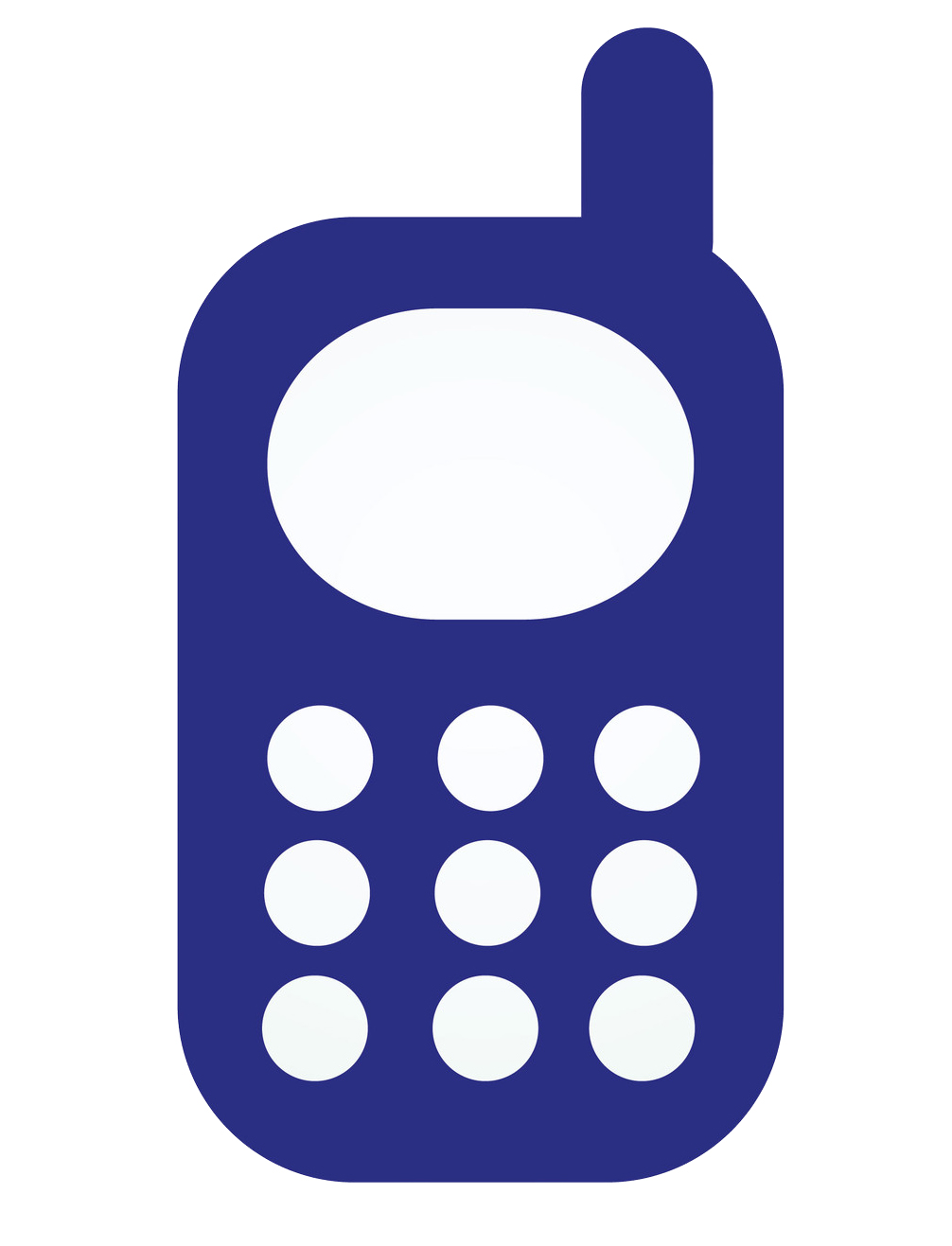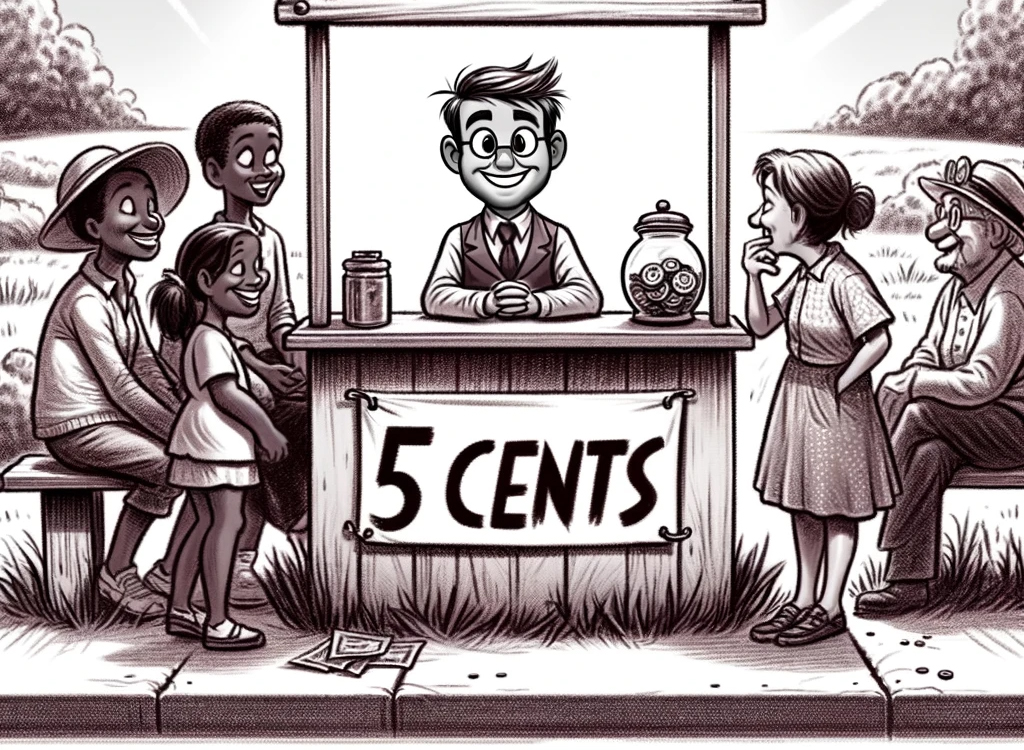What To Do After a Car Accident in West Virginia – Real Advice
Car accidents are stressful, and it can be hard to know exactly what to do if you get into one. Here are the steps to take to stay safe, protect your interests, and comply with the law. If you’ve been hurt in the course of an accident, call our injury attorneys at your earliest convenience. We are here to help 24/7, and we help victims in West Virginia every day.
Pull Over and Provide Reasonable Assistance
West Virginia requires the driver of any vehicle involved in a crash to immediately stop at the scene, or as close as safely possible. You also must remain at the scene at least until you have provided, if you are physically able to, your name and other information as required by law (see below).
In addition, if you are physically able to do so, you must provide “reasonable assistance” to any injured parties, such as by making arrangements for medical aid if it is necessary or if an injured person requests it.
When medical personnel arrive, allow them to examine you for injuries even if you think you are uninjured. Some injuries, such as internal bleeding, may not be obvious to you. If medical personnel recommend that you go to the hospital for further examination, do so.
It is also important not to say you are uninjured. Again, you might not realize that you are hurt because your injuries are not visible or adrenaline is masking the pain. Claiming that you are not injured also could make it more difficult to sue for any injuries that are discovered later.
If there is no damage to the vehicle(s) and no one is seriously injured, the drivers are required not to obstruct the flow of traffic when they pull over.
Notify the Necessary Parties
Law Enforcement
Under West Virginia code §17C-4-6, if you are involved in a crash in which there are injuries and/or apparent property damage of at least $1,000, you must immediately notify law enforcement. If the crash occurs in a municipality, the appropriate authorities would be the local police. If it happens on a state highway, notify the county sheriff or the nearest office of the West Virginia State Police.
A police report should include important details like how the accident occurred, the presence and extent of any injuries, the location of the crash, the direction each vehicle was traveling, etc. If there is spilled gasoline or any other hazardous situation at the crash site, mention that as well.
In addition to notifying law enforcement, you must notify the Department of Motor Vehicles if there are deaths or injuries, and/or if there is apparent property damage of at least $500.
Owner of Damaged Immovable Property
If you are involved in a crash that damages immovable property on or next to a highway, you must take reasonable steps to notify the property owner or caretaker. Provide a description of the damage, along with your name, address, and vehicle registration number. Failing to do so is considered a misdemeanor and carries a fine of up to $150.
Owner of Unattended Vehicle
If you hit a parked or otherwise unattended vehicle, you are required to immediately stop, locate and notify the owner or operator of the vehicle, and provide your name and address. If you can’t locate the damaged vehicle’s owner or operator, leave a note with your information on the windshield or in some other conspicuous place.
Provide Required Information
If you are involved in an accident resulting in death, injury, or vehicle damage, you must provide certain information to the other driver(s) or law enforcement. This includes your name; telephone number; year, make, model, and last four digits of the vehicle identification number of the vehicle you are driving; and proof of insurance, including the insured’s name, policy number, and the name and contact information of the insurance company.
Talk to Witnesses and Collect Evidence
If no one is seriously injured, the next step is to take photos or videos of the accident site on your phone, talk to any witnesses who saw what happened, and take notes about your version of the events. All of this will be critical if litigation results from the accident.
In particular, note details like the make, model, and license plate number of the other vehicle; the other driver’s name, contact information, registration, and insurance information; witnesses’ names and contact information; weather and road conditions; the direction each vehicle was traveling at the time of the accident; and what happened when the accident occurred.
Call Your Insurance Company
It is likely that your insurance company requires you to notify them if you are in an accident, regardless of who was at fault. If you fail to do so, it could impact any future insurance claim related to the accident.
Moreover, do not speak to the other driver’s insurance company until you have contacted your own and hired a lawyer to represent you. You are not required to talk to the other insurance company, and if you do so without an attorney, they might try to get you to admit fault or accept an unreasonable settlement offer. Always call an experienced car accident lawyer if you have been hurt – it’s the first step towards getting your medical bills paid, and getting justice for your injury.



